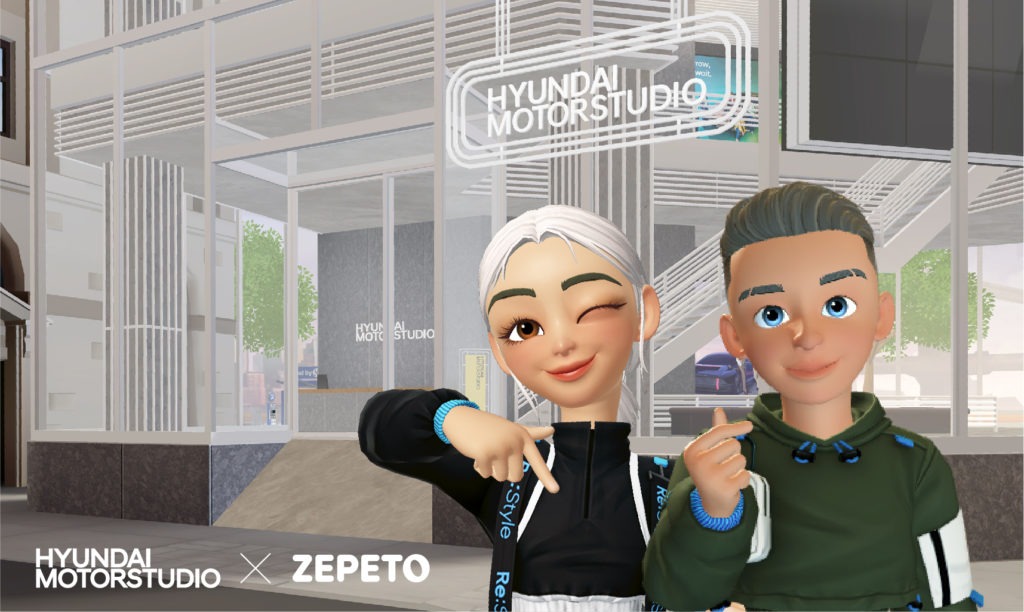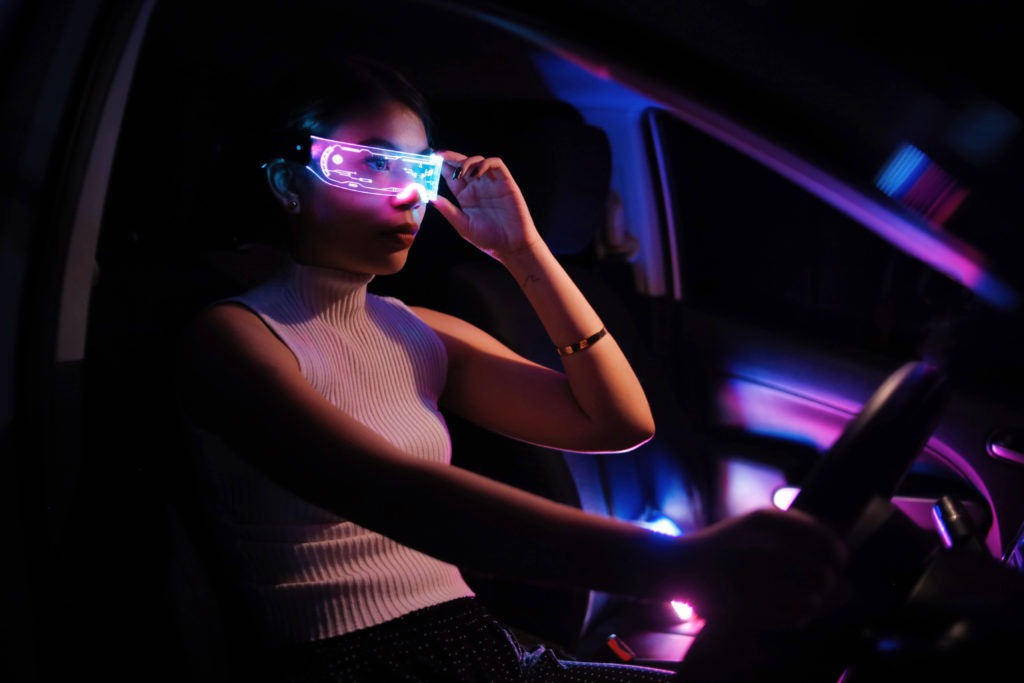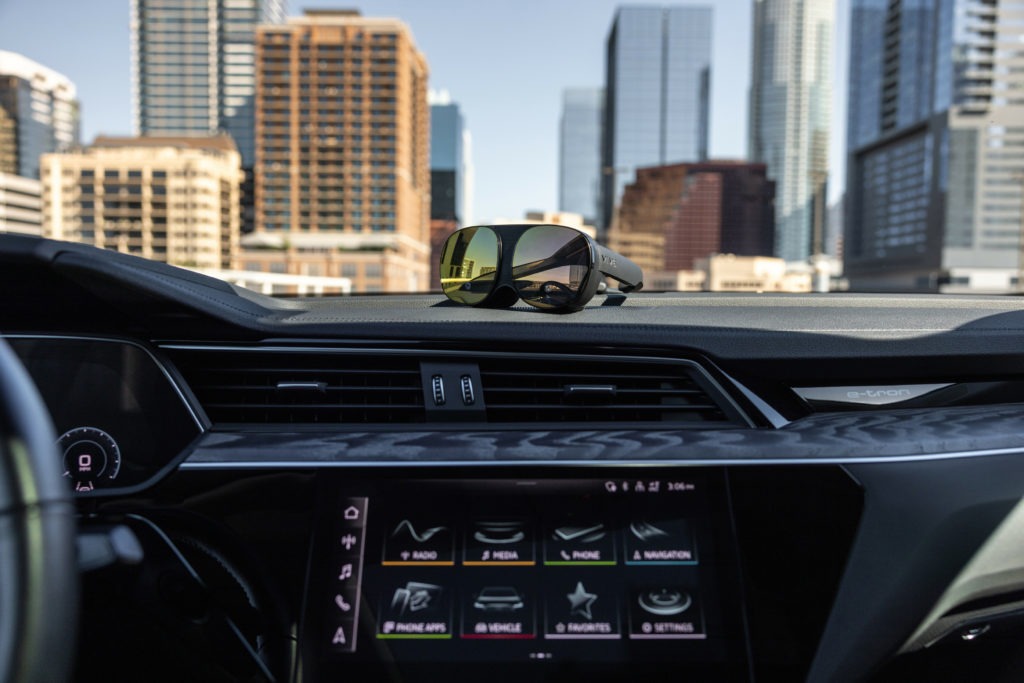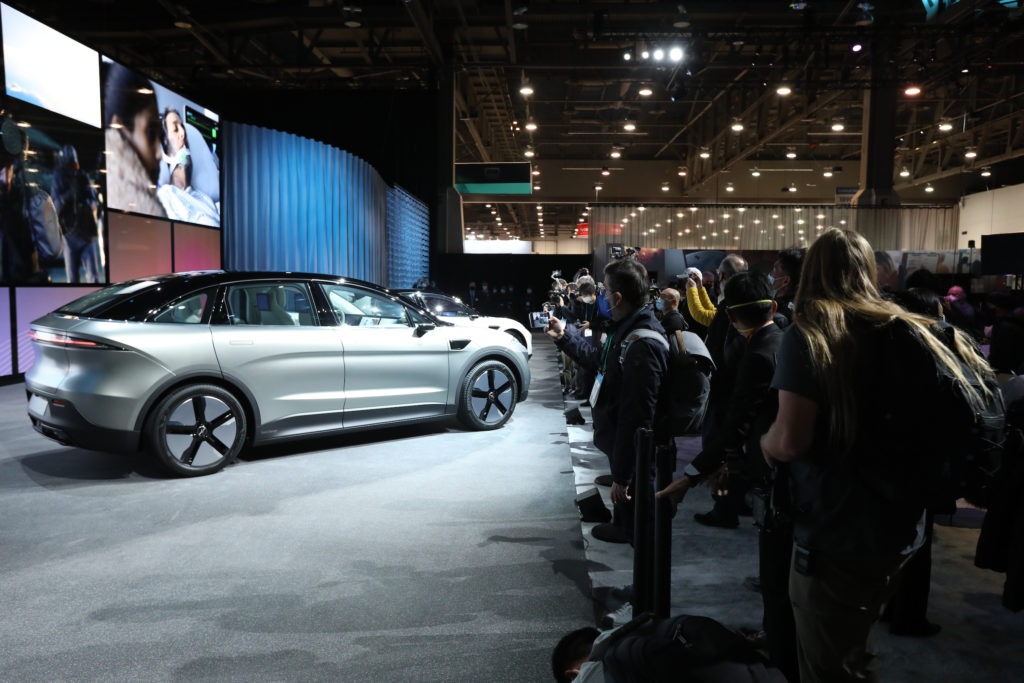Renault moves into the industrial metaverse
19 November 2022
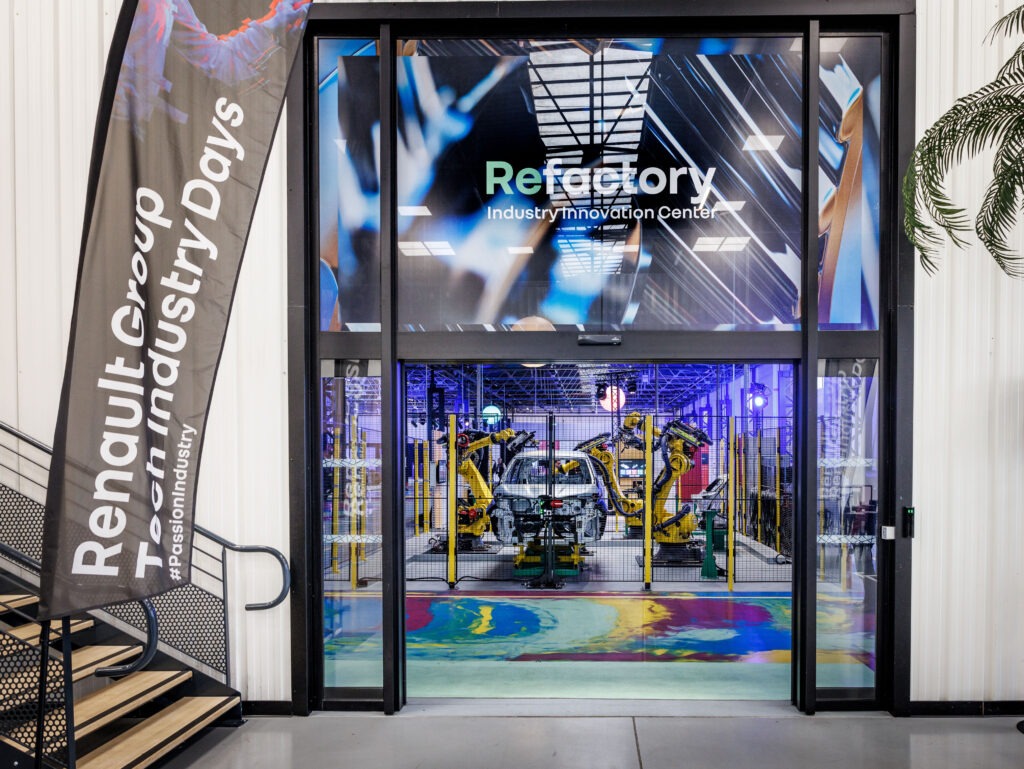
Renault Group is the latest carmaker to announce significant digitalisation plans, confirming a move into the industrial metaverse.
The technology will combine augmented and virtual realities across many platforms, enabling different digital interactions. The industrial metaverse could offer several benefits, including a fresh marketing opportunity in front of a new audience.
According to Renault, the system will be based on four dimensions spanning mass data collection, digital twins, supply chains, and advanced technologies. Renault states the integration of the metaverse can offer a ‘better visibility of the work environment allowing actors to gain agility and autonomy in decision making.’
It all starts with data
Data will be collected from all of Renault’s industrial sites, through a mass information-capturing solution. Physical assets will be modelled into digital twins, with each factory and supply chain getting a real-time replica in the virtual world, existing in its own digitised universe.
All this information will be integrated into an extended ecosystem, encompassing supplier data, sales forecasts, and quality information, as well as weather and road-traffic alerts.
The various technologies that make up Renault’s industrial metaverse will be supported by the company’s ‘unique’ Industrial Data Management Platform 4.0 (IDM4.0). Data are stored on the Google cloud platform, and then fed into the industrial metaverse, which can amend or correct production processes in real time.
A control tower will concentrate information flows, including real-time alerts. This will highlight risks or anomalies in transport operations and, using artificial intelligence (AI), propose optimised crisis management scenarios.
‘Agility and autonomy’
By using AI algorithms and virtual reality (VR) Renault is looking to enhance the efficiency of management functions and aid supply chains. Renault claims that since 2019, 300 alerts have been detected and 300 production stoppages avoided thanks to IDM4.0.
‘This industrial metaverse is unique and enables us to activate previously invisible efficiency and performance levers, to the benefit of people and the environment,’ stated Patrice Haettel, vice president, industrial strategy and engineering at Renault Group.
‘The management of data at group level allows us to monitor the energy consumption of all our industrial and non-industrial sites in detail, and above all to optimise them in real time when a plant is stopped,’ Haettel added.
Following a trend
Renault’s step into the metaverse may sound like the plans of a tech company, rather than a storied car manufacturer.
Frédéric Vincent, executive vice president for information systems and digital at Renault, highlighted that the company’s metaverse aims are for ‘all levers to accelerate towards a tech company.’ Other major manufacturers have also been adopting metaverse-related strategies more usually aligned with tech startups.
In June, Hyundai unveiled the ‘mobility of things’, giving users control of a ‘digital twin’ to interact with objects, people or pets in real life from hundreds of miles away. More generally, the carmaker looks to embrace the growth of autonomous technology by allowing vehicle occupants access to the metaverse and immerse themselves in a different reality while on the move.
Audi recently launched its first fully functional virtual-reality application for customer consultation at dealerships. This follows on from the German company’s plans to introduce VR in-car entertainment from startup holoride into series production.
Earlier this year, British luxury carmaker McLaren teamed up with InfiniteWorld, with the goal of giving customers a deeper digital experience. At CES 2022, talk of incorporating the virtual landscape into the automotive sphere were also prevalent. Both Korean carmaker Hyundai and automotive supplier Valeo presented concepts and technology taking advantage of the ever-expanding concept.
